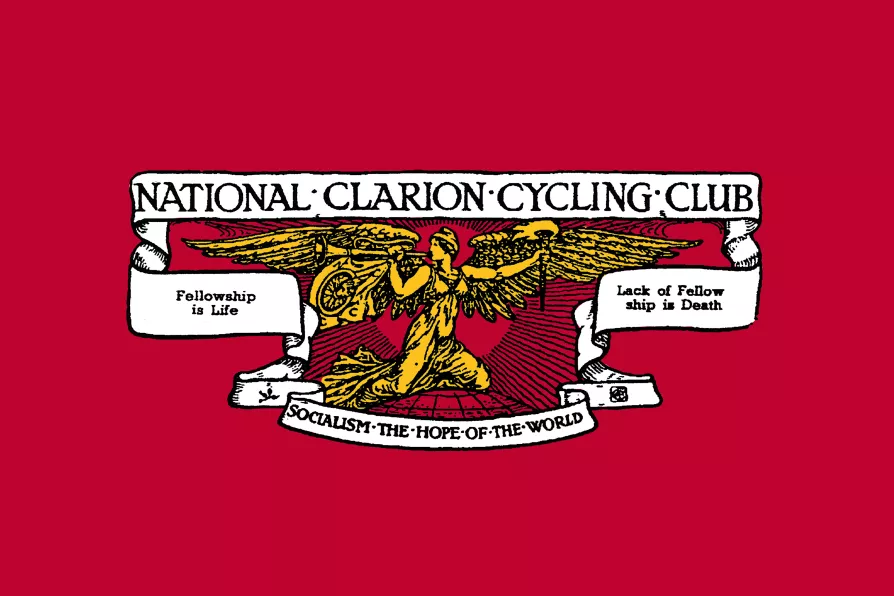The selection, analysis and interpretation of historical ‘facts’ always takes place within a paradigm, a model of how the world works. That’s why history is always a battleground, declares the Marx Memorial Library
The Perishers, dejected once again
Now that the Clarion Cycling Club has dropped socialism from its constitution for being ‘divisive,’ NICK MATTHEWS considers the group’s history – and suspects the spirit of fellowship cannot be so easily banished


I FIRST met the late Denis Pye at a Raymond Williams Foundation event at Wortley Hall.
He was busy encouraging those who were not members to buy shares in the hall.
When he found out we had a mutual interest in co-operative ownership, we fell into conversation about the issues and challenges of owning assets for the movement.
Similar stories

RON JACOBS is enthralled by an account of the surveillance and political repression on the left in the US

ROS SITWELL reports from the Morning Star conference on ‘Race, Sex and Class Liberation’ last weekend

JOHN ELLISON recalls the momentous role of the French resistance during WWII

CHRIS SEARLE interviews saxophonist Chris Williams about the extraordinary electro-acoustic album LEDLEY - a bold fusion of Jazz, football, and community spirit










